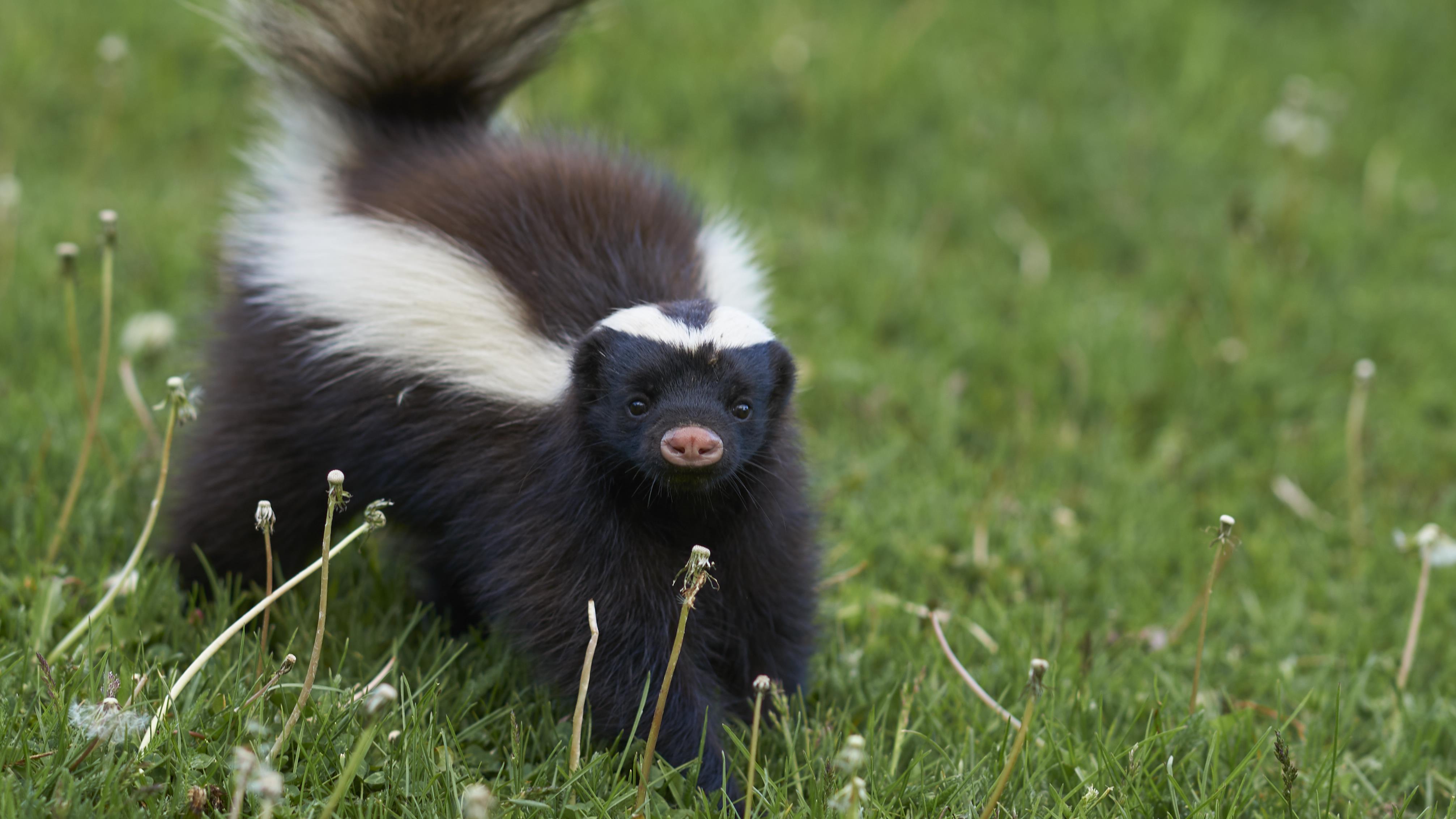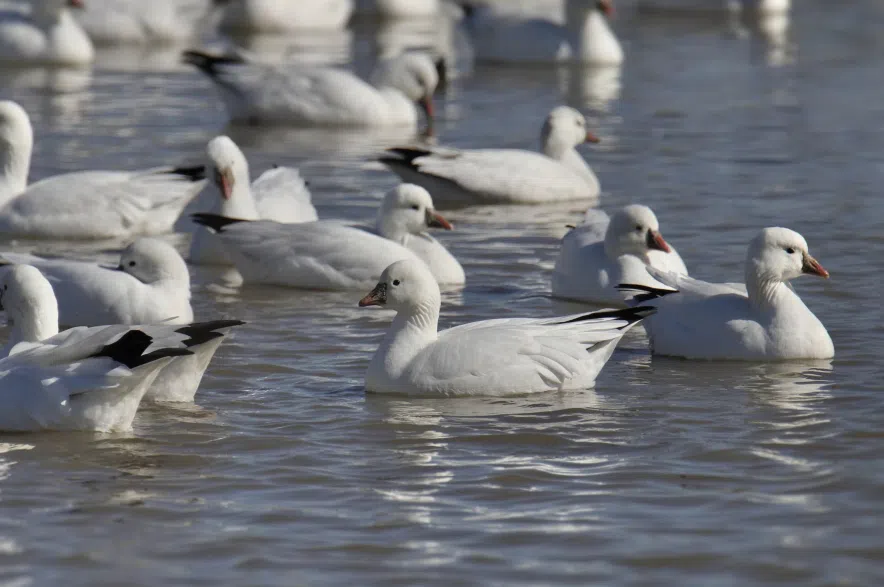Source: https://www.sasktoday.ca/central/loc...chewan-5248265
Avian influenza detected in Saskatchewan
The last time HPAI was found in Saskatchewan in either commercial poultry or wild birds was in 2007
SASKTODAY.ca
about an hour ago
REGINA — Samples collected from a snow goose found near Elrose have been confirmed positive for HPAI by the Canadian Food Inspection Agency.
The Ministry of Agriculture is reminding poultry producers with flocks of all sizes to follow all necessary biosecurity protocols to keep their flocks free of diseases after a highly pathogenic avian influenza (HPAI) H5 strain was detected in a wild bird in Saskatchewan.
The confirmation of the strain in the Saskatchewan bird follows the detection of HPAI in poultry and wild birds in the United States and in several Canadian provinces.
The last time HPAI was found in Saskatchewan in either commercial poultry or wild birds was in 2007...
Avian influenza detected in Saskatchewan
The last time HPAI was found in Saskatchewan in either commercial poultry or wild birds was in 2007
SASKTODAY.ca
about an hour ago
REGINA — Samples collected from a snow goose found near Elrose have been confirmed positive for HPAI by the Canadian Food Inspection Agency.
The Ministry of Agriculture is reminding poultry producers with flocks of all sizes to follow all necessary biosecurity protocols to keep their flocks free of diseases after a highly pathogenic avian influenza (HPAI) H5 strain was detected in a wild bird in Saskatchewan.
The confirmation of the strain in the Saskatchewan bird follows the detection of HPAI in poultry and wild birds in the United States and in several Canadian provinces.
The last time HPAI was found in Saskatchewan in either commercial poultry or wild birds was in 2007...
;Composite=(type=URL,url=https://images.radio-canada.ca/v1/assets/elements/16x9/outdated-content-2022.png),gravity=SouthEast,placement=Over,location=(0,0),scale=1)

Comment